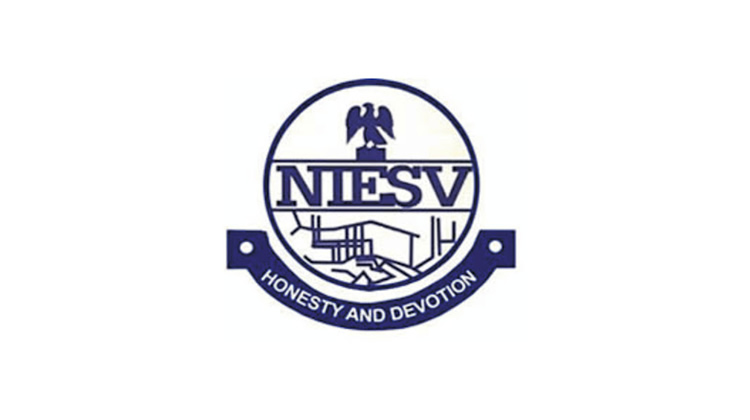The Nigerian Institution of Estate Surveyors and Valuers (NIESV) has issued a resounding call for the prioritization of credible asset valuation in all economic policy decisions, particularly within the ongoing tax reform agenda. This call to action, delivered in a statement commemorating the 2025 International Valuation Day, themed “Tax Reform for National Economic Prosperity: Why Valuation Matters,” underscores the critical role of accurate valuation in achieving a fair and effective tax system. NIESV President and Chairman of Council, Victor Alonge, emphasized that credible data on asset worth is essential to prevent arbitrary and unjust tax policies that could erode government revenue and public trust. He warned that neglecting this crucial aspect risks jeopardizing the entire reform process and its intended benefits for the nation.
Alonge’s statement highlighted the inseparable link between accurate valuation and successful tax reform, arguing that proper valuation forms the foundation upon which a just and equitable tax system can be built. He stressed the importance of engaging qualified professionals – registered Estate Surveyors and Valuers – to conduct these valuations, emphasizing that their specialized expertise is vital for obtaining reliable and objective assessments of asset values. This, he asserted, is crucial for ensuring fairness, transparency, and ultimately, the success of the tax reform initiative. Furthermore, he cautioned against the illegal and detrimental practice of awarding valuation contracts to unqualified individuals, underscoring the legal and professional mandate of Estate Surveyors and Valuers in this domain.
The NIESV president’s message extended beyond the immediate context of tax reform, emphasizing the broader significance of accurate valuation for national development. He pointed out that numerous public assets remain undervalued or entirely unaccounted for, hindering effective planning and resource allocation. Without a comprehensive and accurate understanding of the nation’s asset base, Alonge argued, Nigeria’s development goals will remain elusive. He stressed that proper valuation is not merely a procedural step but a fundamental prerequisite for optimizing resource utilization, fostering economic growth, and achieving sustainable development.
Alonge further elaborated on the importance of determining the true and fair value of assets before imposing taxes, advocating for this process as the only way to ensure fairness and transparency. He explained that this practice not only safeguards individual taxpayers from undue burden but also fosters public trust in the tax system, a critical factor for encouraging compliance and maximizing revenue generation. By promoting a transparent and equitable tax system, he argued, the government can build a stronger social contract with citizens, leading to increased tax compliance and a more robust revenue stream for public services and development initiatives.
Expanding on the scope of valuation, Alonge clarified that it extends far beyond real estate, encompassing businesses, intangible assets like intellectual property, financial instruments, and crucial public infrastructure. This comprehensive approach, he emphasized, is essential for gaining a complete and accurate picture of the national wealth and for making informed decisions about resource allocation and economic policy. He further underlined the importance of adhering to International Valuation Standards, highlighting their role in building investor confidence, supporting sound financial decisions, and promoting overall economic stability. By aligning valuation practices with international standards, Nigeria can enhance its attractiveness to foreign investment, foster a more stable and predictable economic environment, and facilitate greater integration into the global financial system.
In conclusion, the NIESV’s call for the prioritization of credible asset valuation serves as a timely reminder of its fundamental importance in achieving a range of national objectives, from tax reform and economic development to promoting investor confidence and ensuring financial stability. Alonge’s message underscores the critical role of qualified professionals in conducting accurate and reliable valuations, cautioning against the pitfalls of relying on unqualified individuals and emphasizing the legal mandate of registered Estate Surveyors and Valuers. His comprehensive view of valuation, encompassing a broad spectrum of assets and adhering to international standards, highlights its transformative potential in driving national prosperity and building a more robust and sustainable economy.














